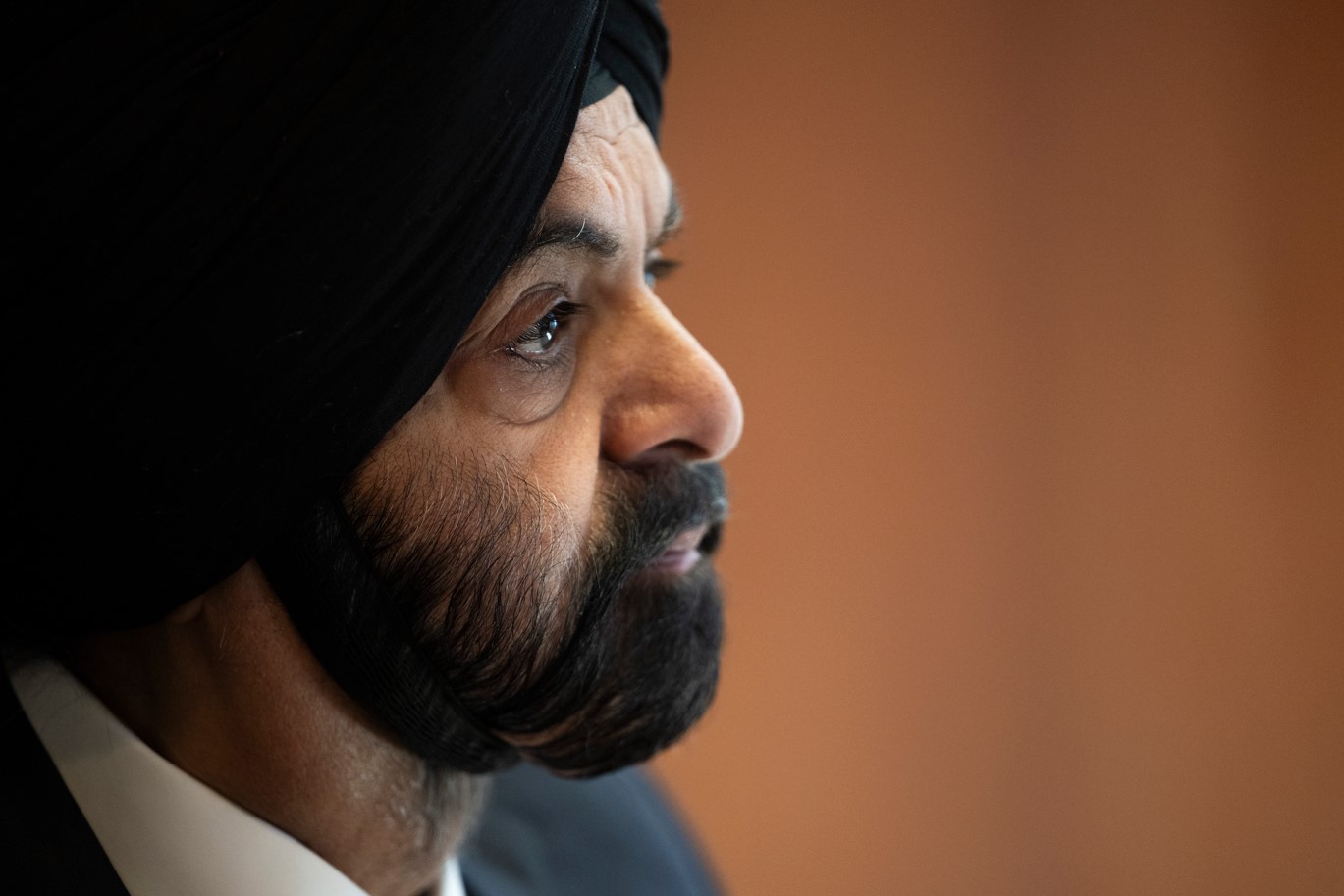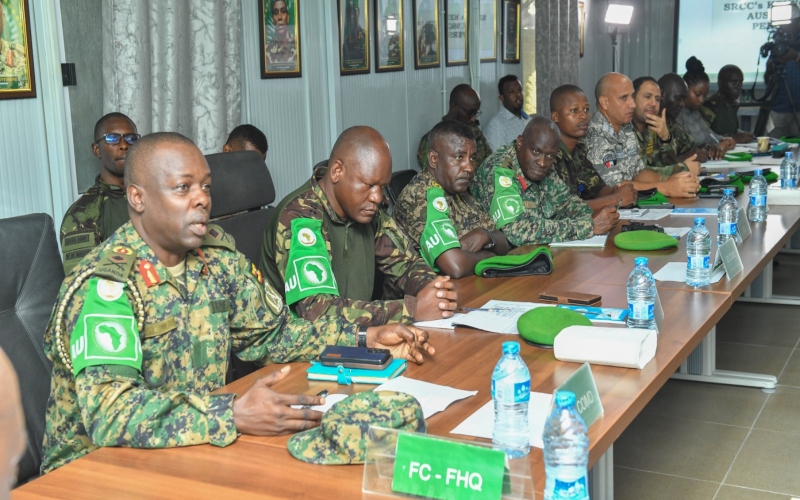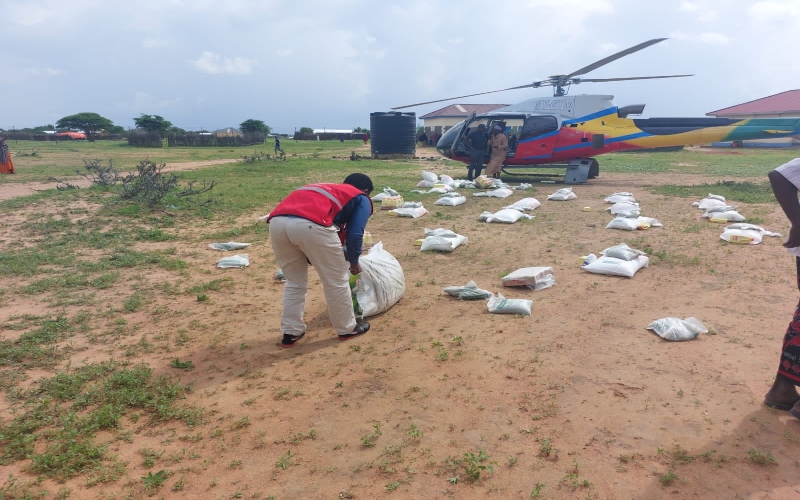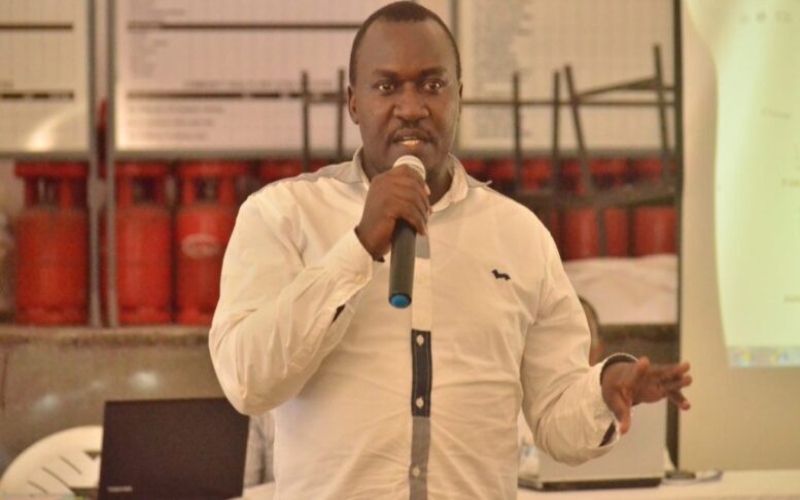World Bank boss denies claims of sexual abuse coverup at Bridge schools in Kenya

Though the investment was made before Banga's appointment to the helm of the global Bank, the onus is on him to take action to tighten its members' accountability efforts in their future operations.
World Bank President Ajay Banga has refuted claims that its private sector arm - the International Finance Corporation - sought to turn a blind eye to sex abuse claims at a chain of Kenyan schools it once funded.
A leaked report by IFC's Compliance Advisor Ombudsman (CAO) revealed that the IFC failed to carry out due diligence and monitoring of the claims of sexual abuse of children by teachers at Bridge International Academies in Kenya.
More To Read
- World Bank urges Kenya to raise excise taxes to clear Sh526 billion pending bills
- Sh438 million water agency loan default piles pressure on taxpayers eight years on, Auditor General warns
- World Bank withholds Sh96.93 billion loan to Kenya over delayed reforms
- World Bank unveils Sh16.5 billion initiative to empower Kenya’s vulnerable groups
- World Bank downgrades Kenya's GDP growth to 4.5 per cent in June projection
- World Bank delays Sh96.9 billion loan to Kenya over anti-corruption law standoff
In response to the allegations, Banga said he disagreed with the characterisation of a cover-up by the IFC.
He acknowledged that some things could have been done better hence a review by the board and added that if the claims are proved true, he will take all necessary actions.
"But mere conjecture that is in a public space ... I will refuse to sign up. That's who I am, I'm sorry if you don't like it," he said.
Bridge International Academies operates hundreds of low-cost schools in Africa and South Asia.
The IFC invested $13.5 million in the schools between 2013 and 2022, some of it benefitting institutions in marginalised communities including two in Thika's Kiandutu and Kiganjo settlements. The Eastleigh Voice has confirmed that these two schools were closed in 2019.
It ended the funding in 2020 leading to the closure of some of the schools in Kenya, but there are reports that others rebranded and are operating under a different name.
What report says
The CAO's report was made public by Devex, an independent news organisation that focuses on issues surrounding global development.
"The CAO report found that IFC's environmental and social due diligence, in this case, was deficient and recommended that the IFC work with Bridge to support survivors of abuse including through financial compensation and counselling," Devex said.
The article said the report further alleged that the IFC and Bridge staff tried to "undermine" the investigation and limit the information it could publish by imposing a nondisclosure agreement that was reached "without CAO's agreement or participation".
IFC Managing Director Makhtar Diop, in a letter last November to the Inclusive Development International, defended the confidentiality agreement between IFC and Bridge, saying it was meant to allow the CAO to complete its internal probe after the move to end the private education funding.
Diop noted that the organisation was "deeply disturbed" by the reports of child sexual abuse and "does not relate to any form of abuse in the projects we finance."
IFC under pressure
In its response to Devex, the World Bank said it was reviewing the investigation and awaiting a response from the IFC management that was due mid December last year.
In response to the claims, an unnamed US treasury official condemned the claims and told Reuters that it has engaged the management of the IFC and the CAO "to understand what may have gone wrong, given the IFC's robust policies to prevent or detect any such harm.
"We believe any threat to the independence of the CAO - be it in fact or perception - is unacceptable," the official told Reuters in an emailed statement.
Human rights organisations have been piling pressure for the IFC to be held accountable for acts of commission or omission and for victims to receive compensation.
On Tuesday last week, Devex reported that the IFC board sent back a report by the private sector lender tin response to the claims of turning a blind eye to sex abuse claims.
It said they want to see financial compensation for the alleged victims, which could set a precedent for other international financial institutions to pay costs directly to those harmed by their projects, as opposed to providing a more general, community-level mediation.
"Alongside financial compensation, the board also demanded that the IFC consult with survivors before signing off on the management action plan, according to sources close to the discussions," Devex reported.
Though the investment was made before Banga's appointment to the helm of the global Bank, the onus is on him to take action to tighten its members' accountability efforts in their future operations.
The probe was triggered by claims that two Bridge teachers abused their students in Nairobi. Kenya is yet to respond to the matter.
Additional reporting by Agencies
Top Stories Today












































